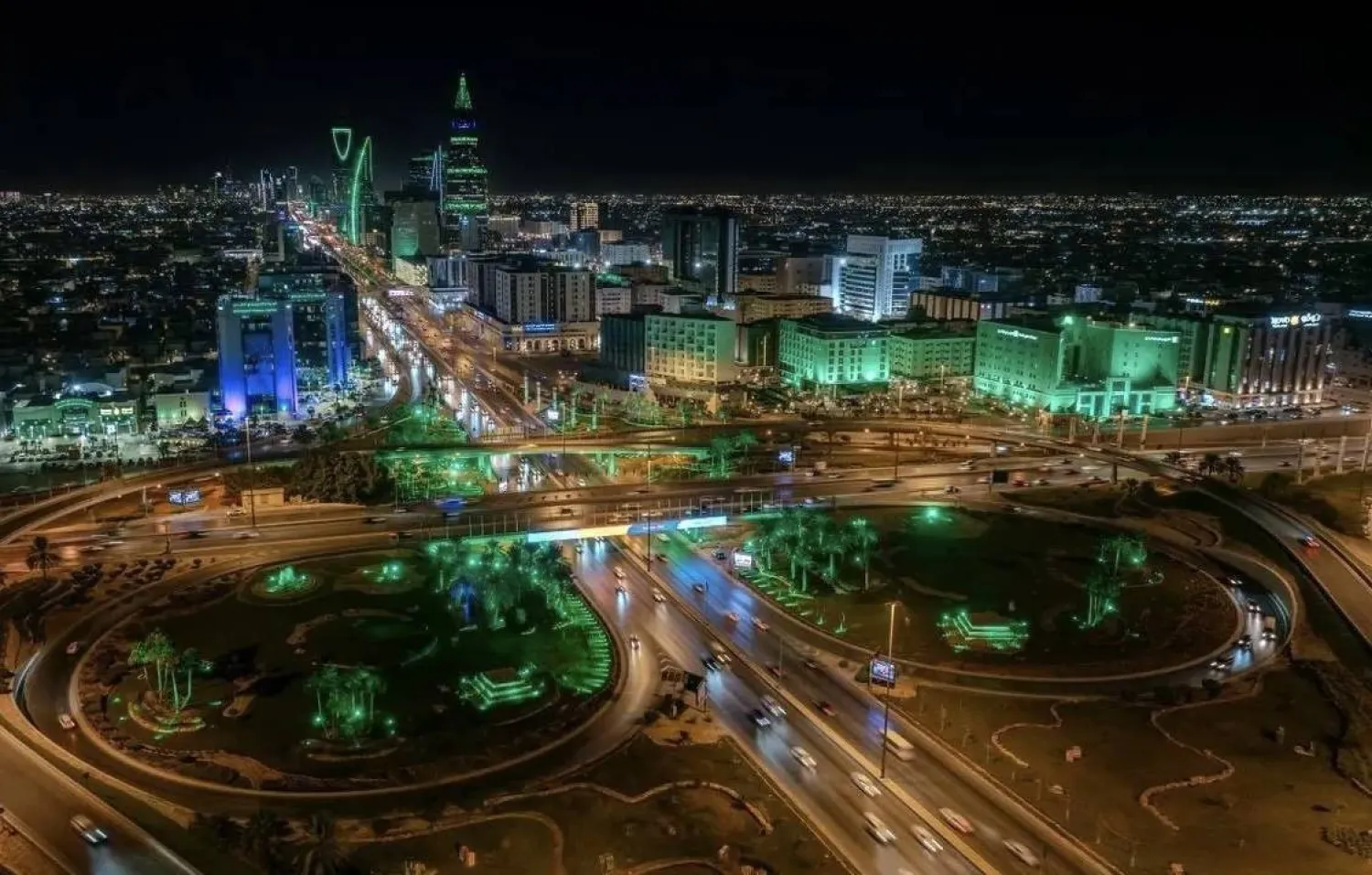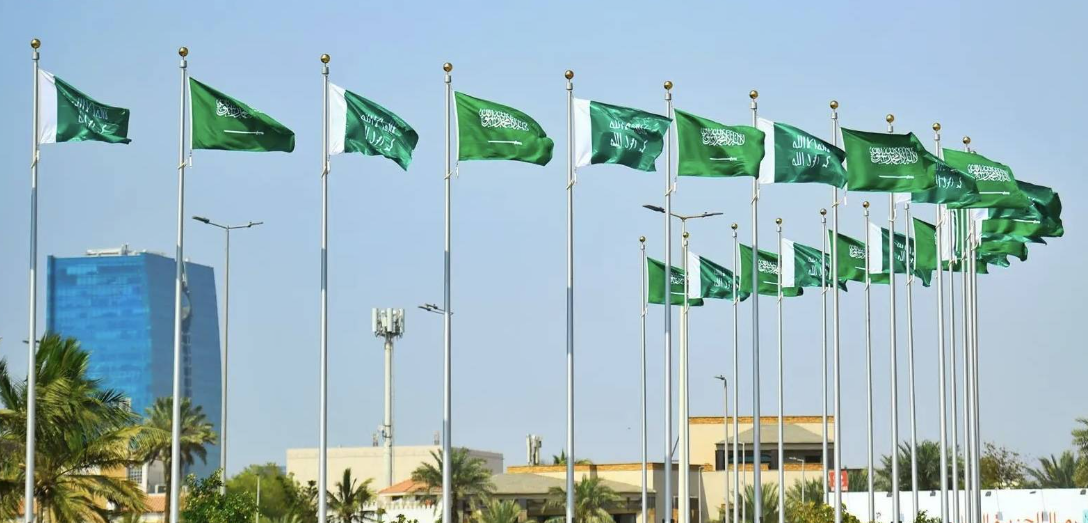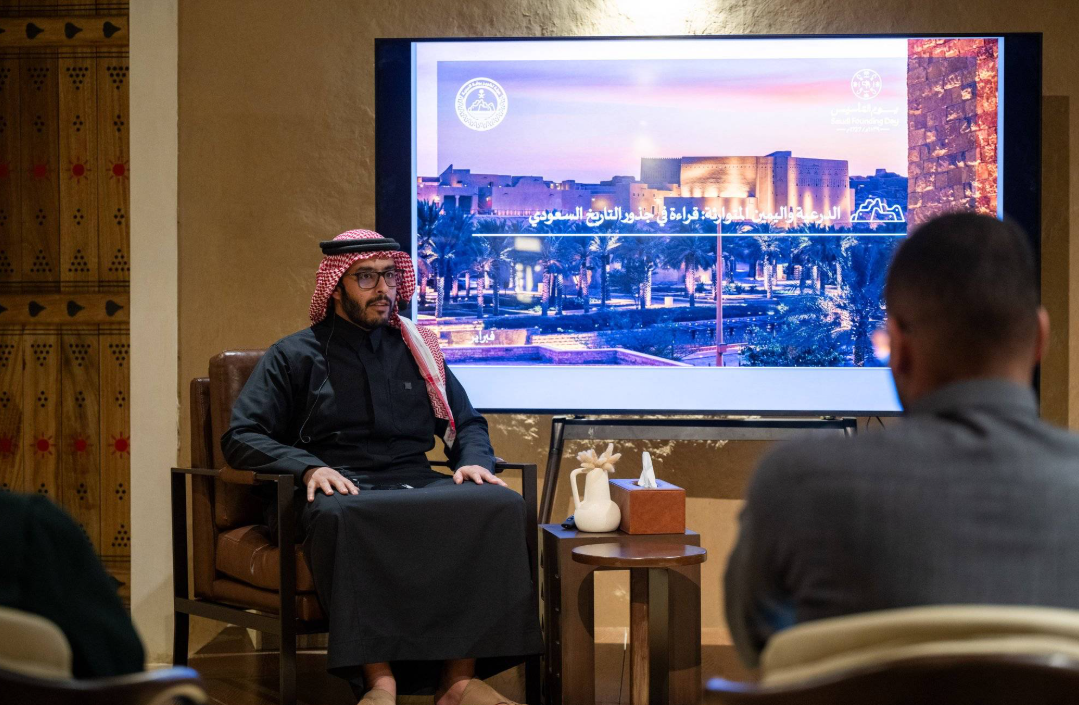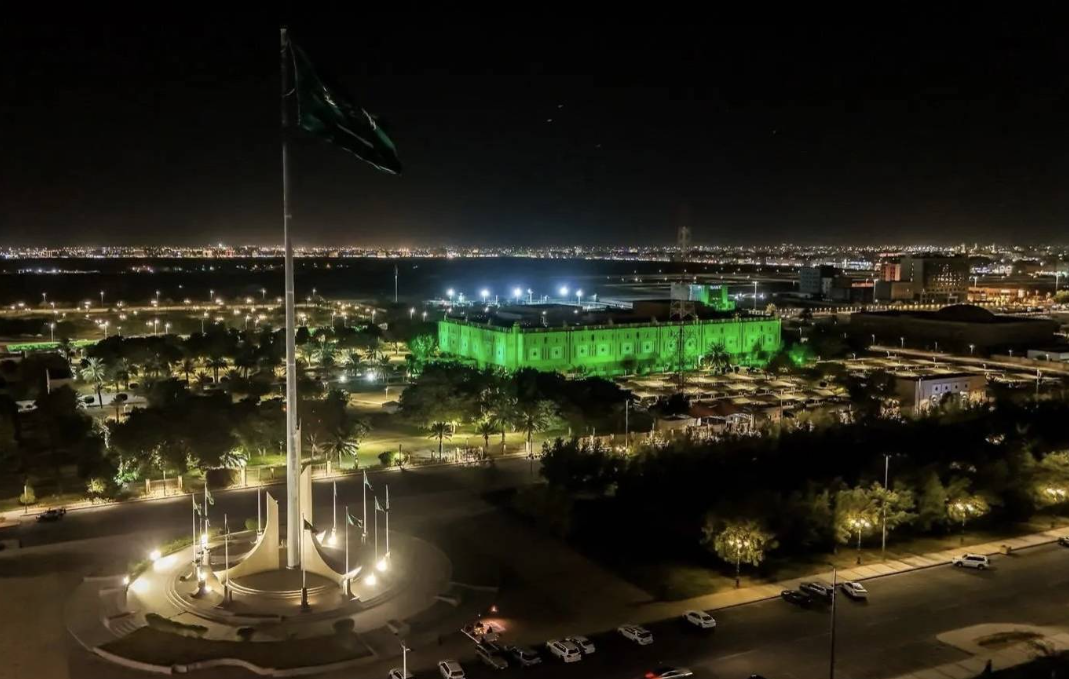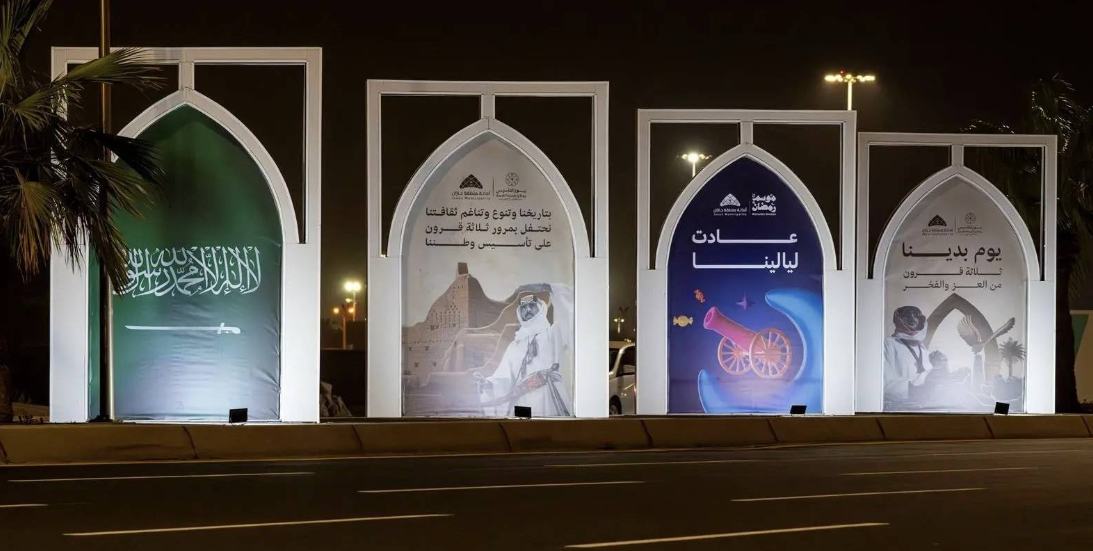Several of Europe's biggest financial firms have cut back their links to Israeli companies or those with ties to the country, a Reuters analysis of filings shows, as pressure mounts from activists and governments to end the war in Gaza.
While banks and insurers are often vocal about their environmental and governance aims, they are less forthcoming about disclosing their potential exposure to war.
UniCredit put Israel on a "forbidden" list as the conflict escalated in October last year, said a source familiar with the matter, confirming a study by Dutch NGO PAX.
While in line with the Italian bank's defense-sector policy of not directly financing arms exports to any country involved in conflict, it goes beyond Italy's guidelines on arms exports to Israel.
UniCredit declined to comment on its move and the Israeli finance ministry also declined to comment.
Meanwhile, Norwegian asset manager Storebrand and French insurer AXA have sold shares of some Israeli firms, including banks.
Although corporate filings offer only a glimpse into such exposures, they show companies have been readjusting.
"We don't know whether this represents the beginning of a shift in the industry, one that recognizes the power banks have in choosing where to allocate capital, and where not," said Martin Rohner, executive director at the Global Alliance for Banking on Values, which focuses on sustainable financing.
"Investing in the production and trade of weapons is fundamentally opposed to the principles of sustainable development," Rohner added.
Israeli Finance Minister Bezalel Smotrich told a press briefing last week that although there are challenges to Israel's economy, firms are still raising money. "I sit with foreign investors and they believe in our economy," he said.
Reuters has reported that Israel's investor base has narrowed since it entered Gaza last year in response to attacks by Hamas, and it is feeling the effects of rising borrowing costs.
The potential wider effects can be seen in the approach taken by Storebrand, which a filing showed divested a holding worth about $24 million in Palantir, citing the risk of violations of international humanitarian law and human rights.
US group Palantir, which provides technology to Israel's military, did not respond to a request for comment.
Storebrand's annual investment review said that, as of the end of 2023, it had excluded 24 firms, including Israeli companies, across its portfolios in relation to the occupation of Palestinian territories.
The International Court of Justice, the United Nations' highest court, ruled in January of plausible risk of irreparable harm to Palestinian rights to be protected from genocide.
The same court said in July that Israel's occupation of Palestinian territories including the settlements is illegal.
Israel has rejected the rulings, which combined with growing pressure from activists and governments, are nevertheless having an impact on investment decisions.
AXA, one of Europe's largest insurers, British bank Barclays and German insurer Allianz have increasingly been targeted by campaigners.
"Increasing demand for greater transparency and scrutiny can only mean that financial institutions will intensify and broaden their self-assessment of their commercial associations with arms-related businesses or states," said David Kinley, professor and chair of human rights law at the Sydney law school.
The Ireland Strategic Investment Fund (ISIF) has exited six Israeli companies, selling holdings which amounted to about 3 million euros ($3.26 million), including some of Israel's largest banks, a spokesperson told Reuters.
Earlier this year, the 15-billion-euro Irish fund said that the risk profile of such investments were no longer within its investment parameters.
And Norway's $1.8 trillion wealth fund, the world's biggest, may divest shares of companies that aid Israel's operations in the occupied Palestinian territories which violate its ethics standards for businesses.
WAR EXPOSURE
Investments in Israeli banks are also under scrutiny.
The UN included them in 2020 in a list of companies with ties to settlements in the occupied Palestinian territories as part of its mission to review the implications on Palestinian rights.
A study by research firm Profundo, commissioned by corporate watchdog Ekō, shows that AXA sold almost all of its holdings in Israeli banks stocks earlier this year, retaining only a marginal stake in Bank Leumi.
Reuters verified the data with LSEG. A representative for Bank Leumi did not respond to a request for comment.
A spokesperson for AXA declined to comment on whether AXA had cut its holdings, adding that it is not invested in the banks targeted by activists. The UN list is among the criteria AXA takes into account for investment decisions, they added.
'A CLEAR LINE'
Foreign direct investment into Israel fell by 29% in 2023 to its lowest since 2016, UN Trade and Development data shows.
While UNCTAD 2024 figures are not available, credit ratings agencies have flagged the war's unpredictable impact on investment in Israel as a concern.
Although the US remains Israel's biggest military and financial backer, Spain, Ireland and Norway have recognized a Palestinian state, French President Emmanuel Macron has called for an arms export halt and Britain has suspended some licenses.
When it comes to international politics, "it should be down to the governments to take a clear line," said Richard Portes, professor of economics at London Business School, adding: "To put the burden on the private firms, where does this end?"
In an example of how activists are targeting companies directly, Barclays came under pressure from a campaign in Britain, prompting it to withdraw sponsorship from summer music festivals, while the Financial Times reported in August that it considered pulling out of an Israeli government bond sale.
Barclays said in a statement that it remained "fully committed" to its role as a primary dealer and that such activities fluctuated each quarter. The bank fell out of the top five dealers of Israeli bonds in the second and third quarters, after ranking third in 2023.






